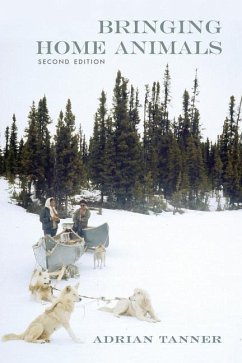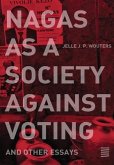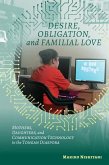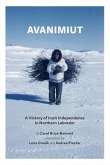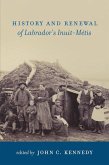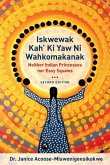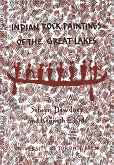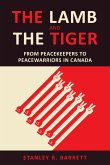"[Tanner's] lively writing provides the reader with a very rewarding experience..." -- Claude Lévi-Strauss, L'Homme "... A first-rate study.... thought-provoking and provocative..." -- Charles A. Bishop, Ethnohistory "... breaks new ground..." -- Edward S. Rogers, American Ethnologist Bringing Home Animals is an ethnography detailing what the author learned as a result of travelling and working with Iinuu (Cree) hunters and their families in Northern Quebec. The study was conducted from 1969-1971, and is a rich example of subsistence hunting in an Indigenous territory. The second edition revisits and updates contextual material following the construction of the James Bay hydroelectric project in the region, while preserving the original argument. Bringing Home Animals explores the way of life of the Mistissini Iinuu hunters, their understanding of and adaptation to the ecology of their hunting grounds, their subsistence-based economy and its relation to market production, their land tenure system, the impact of external agencies on them, and their rich spiritual and symbolic life, particularly the rituals that show respect for the animals before, during, and following the hunt. Adrian Tanner was born in the UK and came to Canada as a young farm worker. He went on to work on weather stations in the Arctic, where he gained some familiarity with Inuit hunters. He attended UBC and McGill University, before earning a Ph.D. from the University of Toronto. He has been with the Anthropology Department at Memorial University since 1972, where he is now Honorary Research Professor. His current research interests are on the Indigenous peoples of Quebec, Labrador, and Northern Ontario, on such topics as social suffering, community healing, forestry, land tenure, politics, and the documentation of local knowledge. He has also conducted research outside Canada, especially on the people of the Colo Navosa region of Vitilevu, Fiji.

